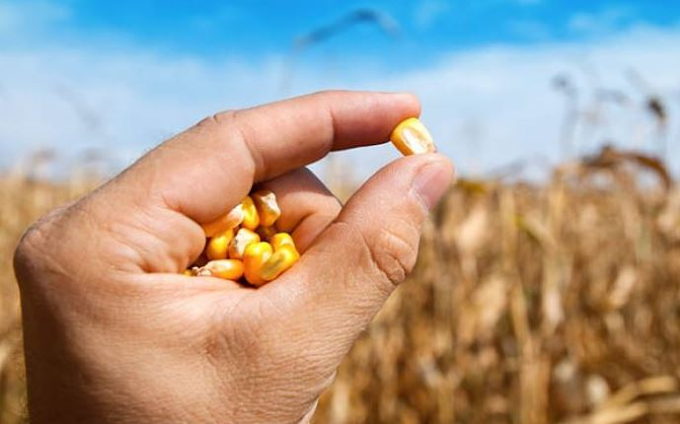Natural farming
Natural Farming is a chemical-free alias traditional farming method. It is considered as
agroecology based diversified farming
system which integrates crops, trees
and livestock with functional biodiversity.
In India, Natural farming is promoted as Bharatiya Prakritik Krishi Paddhati Programme (BPKP) under centrally sponsored scheme- Paramparagat Krishi Vikas Yojana (PKVY).
BPKP is aimed at promoting traditional indigenous
practices which reduces externally purchased inputs. It is largely based on
on-farm biomass recycling with major stress on biomass mulching, use of on-farm
cow dung-urine formulations; periodic soil aeration and exclusion of all
synthetic chemical inputs. According to HLPE
Report, natural farming will reduce dependency on purchased inputs and will
help to ease smallholder farmers from credits burden.
The BPKP programme has been adopted in State of Andhra Pradesh, Karnataka, Himachal Pradesh, Gujarat, Uttar Pradesh and Kerala. Several studies have reported the effectiveness of natural farming- BPKP in terms of increase in production, sustainability, saving of water use, improvement in soil health and farmland ecosystem. It is considered as a cost- effective farming practices with scope for raising employment and rural development.
NITI Aayog along with Ministry of Agriculture & Farmers welfare had convened several high level discussions with global experts on Natural farming practices. It is roughly estimated that around 2.5 million farmers in India are already practicing regenerative agriculture. In the next 5 years, it is expected to reach 20 lakh hectares- in any form of organic farming, including natural farming, of which 12 lakh hectares are under BPKP.







No comments:
Post a Comment